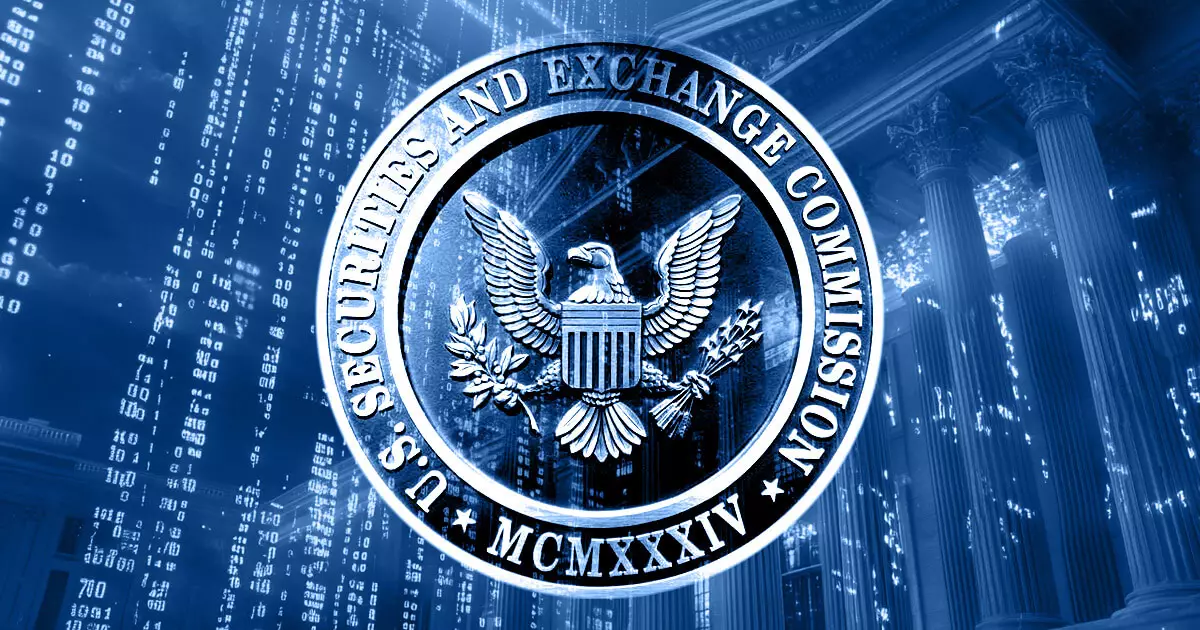The landscape for cryptocurrency exchange-traded funds (ETFs) in the United States is evolving rapidly, spurred on by critical actions taken by the US Securities and Exchange Commission (SEC). Recently, the SEC acknowledged two significant filings that have garnered attention from analysts and investors alike. The first is an amendment related to Grayscale’s proposed spot Litecoin (LTC) ETF, and the second concerns BlackRock’s request to implement in-kind redemptions for its iShares Bitcoin ETF (IBIT). This article delves into the implications of these developments and their potential impact on the crypto market.
Grayscale’s Spot Litecoin ETF Amendment
The SEC’s acknowledgment of Grayscale’s spot Litecoin ETF amendment marks a noteworthy milestone in the regulatory landscape. Analysts like Bloomberg’s Eric Balchunas have highlighted that the interaction between the SEC and this application indicates a favorable trajectory for regulatory approval. Balchunas has voiced confidence that a Litecoin ETF meets the necessary regulatory criteria, classifying Litecoin as a commodity rather than a security. This distinction is pivotal for its acceptance as an ETF, given the SEC’s prior hesitance toward approving crypto-related financial instruments.
Furthermore, Balchunas speculates that changes in leadership within the SEC may also influence the agency’s stance on these applications. This consideration is particularly relevant given the evolving dialogue around cryptocurrency regulations in the United States. As the market adapts, it is crucial for the SEC to clarify its position to cultivate investor confidence and market stability.
BlackRock’s request for in-kind redemptions represents a significant shift in how ETFs may operate. Traditional cash transactions during redemptions can incur heightened tax implications for investors, particularly for those dealing with large sums. The proposed mechanism would allow direct transfers of Bitcoin to investors, minimizing the tax burden and enhancing operational efficiency. This approach aligns with broader trends aimed at optimizing ETF liquidity, an essential characteristic for attracting institutional players in cryptocurrency markets.
The anticipation surrounding this adjustment is palpable within the investment community. Should the SEC grant approval, it could redefine the operational dynamics of Bitcoin ETFs, making them more appealing to a wide range of institutional investors. Moreover, the potential for multiple crypto ETF approvals in a single wave could stimulate significant capital inflows into the market, distinguishing Bitcoin and Litecoin as frontrunners in the evolving ETF landscape.
Both of these developments are indicative of a larger trend in the regulatory environment surrounding digital assets. Increased engagement from the SEC is a positive sign for the market, suggesting a willingness to consider innovative financial products that incorporate cryptocurrencies. While the approval of Bitcoin ETFs has established a foundation, the potential acceptance of Litecoin and innovative redemption strategies could herald a new era for crypto investment products.
The unfolding narrative of the SEC’s interactions with Grayscale and BlackRock highlights a critical juncture for cryptocurrency ETFs. The increasing probability of regulations that favor innovation could reshape investors’ perspectives and accelerate the mainstream acceptance of cryptocurrencies as viable investment assets. Investors and stakeholders in the cryptocurrency market will be watching closely as these scenarios develop, eager to see how the regulatory landscape continues to transform.

